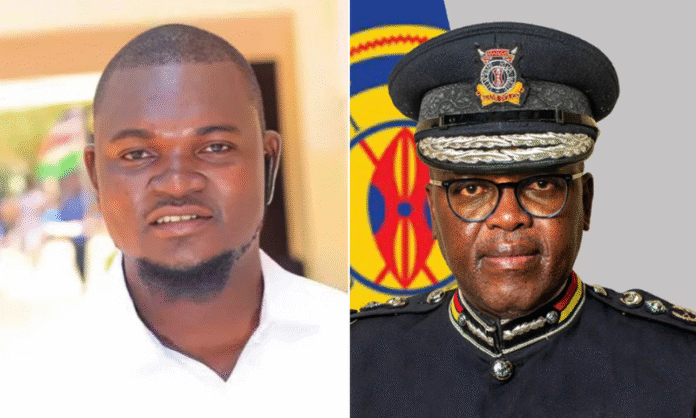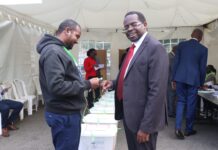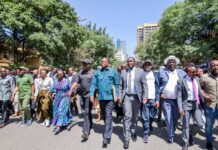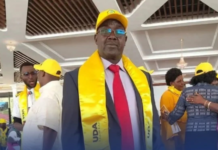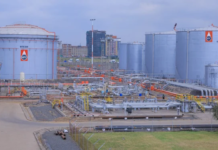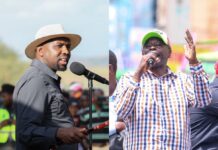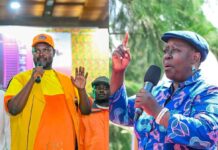By Were Kelly
Nairobi, Kenya – June 11, 2025 – A group of four human rights activists has gone to court seeking permission to privately prosecute Deputy Inspector General Eliud Kipkoech Lagat for his alleged involvement in the brutal killing of blogger Albert Ojwang.
The activists — Julius Ogogoh, Khalef Khalef, Francis Auma, and Peter Agoro — argue that law enforcement and prosecutorial agencies have deliberately failed to act on the case. They claim that authorities have behaved in a “capricious, corrupt, and blatantly negligent” manner by refusing to investigate or prosecute the senior police official.
In their petition, they express concern that Lagat’s continued presence at police briefings and press conferences undermines the credibility of the internal investigation into Ojwang’s death.
The group insists that unless Lagat is brought to justice, the public will continue to suffer “special, exceptional, and substantial harm.”
“This application is not politically motivated or driven by personal vendetta,” the court papers read. “It is rooted in good faith and a sincere pursuit of justice — both for the public and the family of the deceased.”
The activists are requesting the court to grant them leave to pursue a private prosecution, arguing that no party will be prejudiced and that a transparent court process is necessary to restore public trust.
They also question the integrity of the ongoing internal police investigations, pointing out that although the Inspector General of Police has pledged an inquiry into officers at Central Police Station, Lagat — who allegedly oversaw the fatal operation — remains in office and continues to influence the investigation.
Their petition cites 2024 data from human rights watchdog Missing Voices, which recorded 159 cases of extrajudicial killings and enforced disappearances, 104 of which were linked to police officers.
The activists warn that continued impunity, especially at the highest levels, will only lead to more violations and a breakdown of public confidence in the justice system.
They conclude that the State’s refusal to act against Lagat is “unjustified, unreasonable, and a threat to the rule of law,” and insist that the fight for justice in Ojwang’s case demands firm and impartial legal action.









